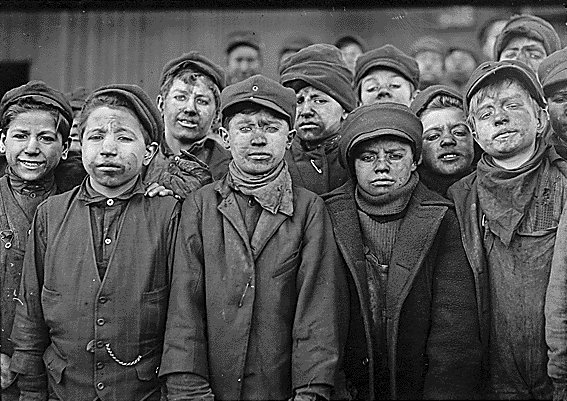After WW2, the entirety of Europe had suffered a great loss. The Maastricht Treaty created in 1992 discusses the purpose of the EU. The intention of this document is to outline the purpose of the EU and explain its goals. The main purpose of creating the EU, as outlined in the beginning of the document is to: “create an even closer union among the people’s of Europe” as well as “organize… relations between the member states and their people’s”. ((“TITLE I COMMON PROVISIONS.” Maastricht Treaty Title I. N.p., n.d. Web. 26 Apr. 2016.)) By creating a common currency, people are able to trade more efficiently. This promotes political and economic relations between the countries allowing their relationships to strengthen after falling apart during WW2. The document also mentions the creation of a union citizenship that re-enforces the idea of unity among the countries in Europe. Ethnic tension was a huge problem leading up to WW2, therefore by creating a union citizenship, it allows people to see themselves as part of a whole rather than separate countries. An interesting aspect of the treaty was the self-check component. It is stated that the different sections of the EU must abide by the “acquis communautaire” aka EU law. This checking system allows for each department to regulate each other and make sure one party does not have more power than the others, in theory. Lastly, the most interesting statement in the treaty in my opinion was the inclusion of the “eventual framing of a common defense policy, which might in time lead to a common defense”. I am wondering why the EU would need a defense department. What do you think?
Is it smart to allow each country to handle their own finance policies? What happens then when their economies crash like Greece? How much of a responsibility should the EU have?


